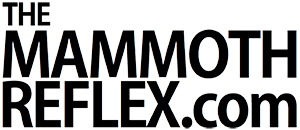LONDON. “Under the Influence” alla Photographer’s gallery esplora gli angoli nascosti e i pittoreschi personaggi di Soho negli anni Cinquanta e nei primi anni Sessanta attraverso gli occhi di John Deakin (1912-1972).
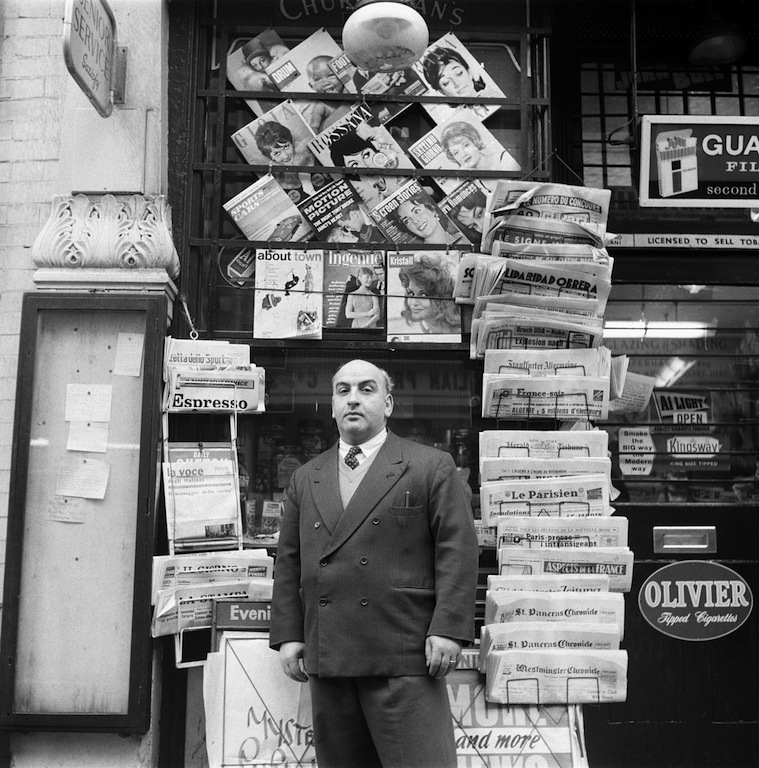
Tony Abbro, Abbro and Varriano, newsagents, Dean Street, Soho, 1961
© The John Deakin Archive
Considerato uno dei più grandi fotografi inglesi del dopoguerra, Deakin era famoso per i suoi ritratti penetranti tra i quali i pittori Lucian Freud, Frank Auerbach e Francis Bacon, gli scrittori Dylan Thomas, Daniel Farson e Jeffrey Bernard, l’artista Henrietta Moraes e Muriel Belcher, titolare del leggendario The Colony Room.
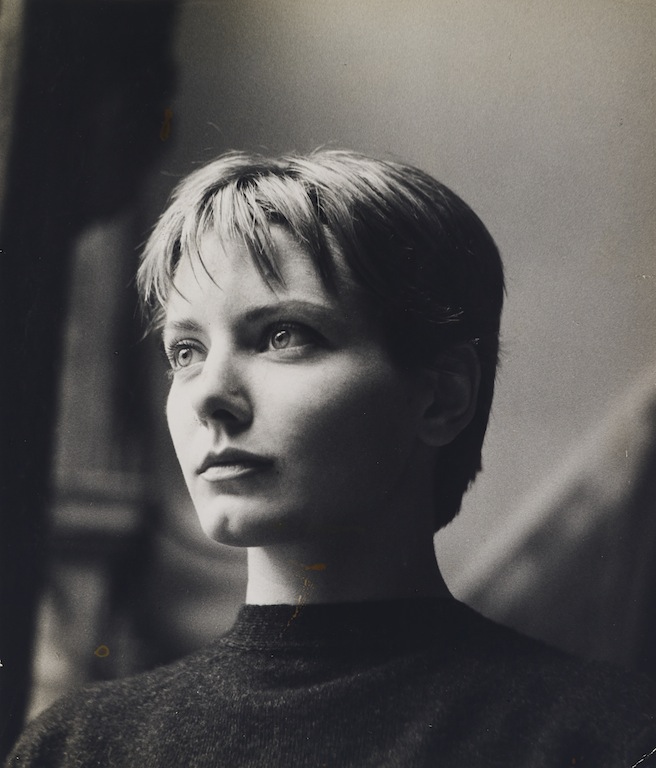
Jackie Ellis, actress, 1960s © The John Deakin Archive
Questa mostra presenta 80 fotografie divise in gruppi tematici, dai paesaggi alla vita della città, dai ritratti di commercianti e stranieri a ritratti di artisti e amici fino agli scatti di moda per Vogue. Nonostante il suo talento, Deakin ha sempre dubitato della validità delle sue fotografie come forma d’arte e molte delle sue fotografie e negativi sono stati danneggiati, persi o abbandonati. Nel 1960 Deakin ha abbandonato la fotografia per la pittura, con scarso successo.
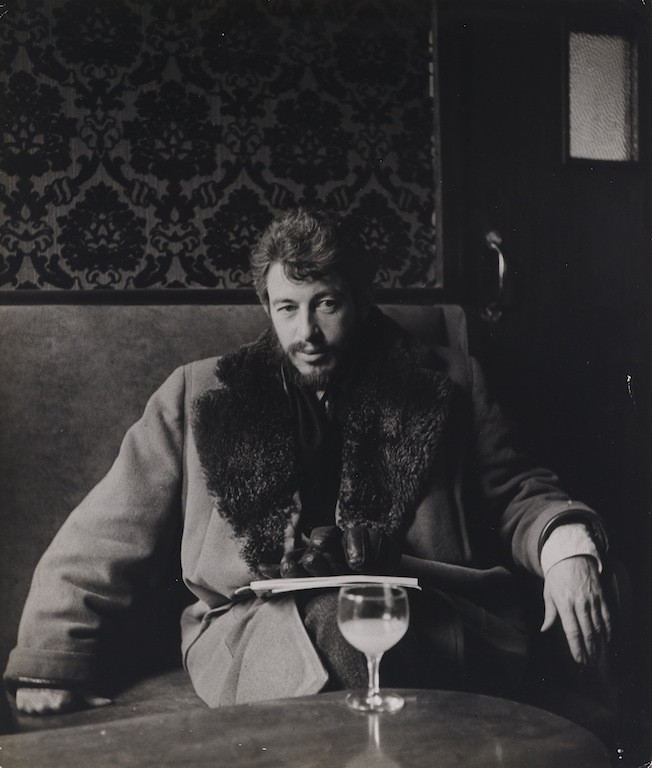
J.P. Donleavy, author and playwright, Soho, 1950s © The John Deakin Archive
English version. John Deakin (1912 – 1972, UK) is renowned for his penetrating portraits, haunting street scenes and striking fashion work. This exhibition at Photographer’s Gallery explores the hidden corners and colourful characters of 1950s and early 1960s of London’s Soho, as seen through his eyes.
Deakin craved recognition as a painter but began to take photographs in his early 20s and for five years he served in the British Army Media Unit as a photographer. Following this, he flourished briefly at Vogue where he earned the dubious merit of being the only photographer to be hired and fired twice by the same editor.
After the war, in the 1950s and 1960s, Deakin made some of his best known work. Living, drinking and socialising amongst the pubs and daytime drinking dens of Soho, he continuously documented bohemian London life. During this time he photographed many major figures of the art scene including Francis Bacon and Lucian Freud. Loved and loathed in equal measure by friends and drinking companions, Deakin was a legendary member of the quarter’s maverick crowd of artists, writers, poets and assorted characters and misfits.
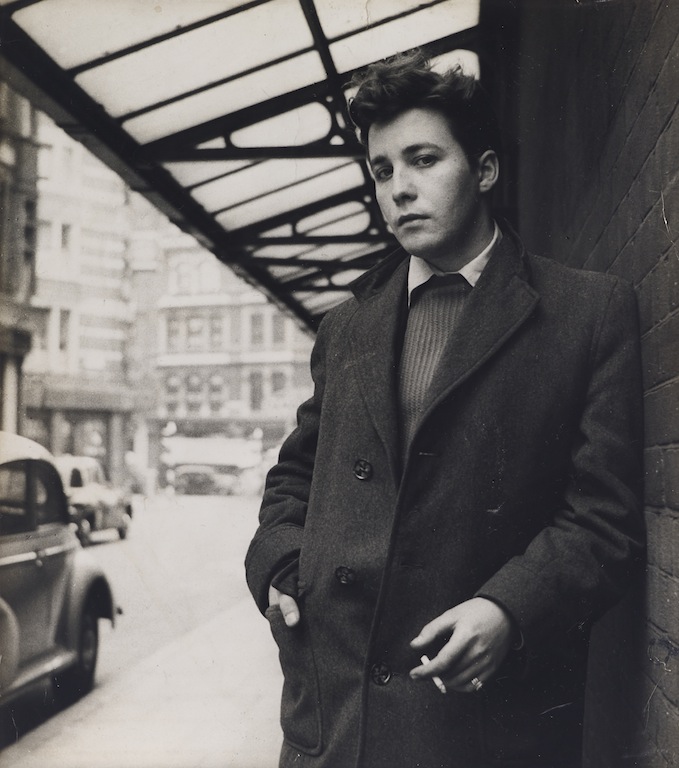
Jeffrey Bernard, Cambridge Circus, London, 1950s Courtesy Robin Muir
This exhibition features 80 photographs arranged in thematic groups. The photographs depict Soho landscapes – West End lights, graffiti and portraits of tradesmen and outsiders, Deakin’s portraits- including many of his infamous circle of artists and friends, and his fashion work – photographs from his time at Vogue and his little known early portraits of anonymous drag artists.
Despite his talents, Deakin doubted the validity of his photographs as an art form and many of his photographs and negatives have been damaged, lost or discarded. In the 1960s Deakin all but gave up photography in favour of painting. In contrast to the uncompromising quality of his photographic portraits, his paintings were characterised as simple, colourful and naïve and met with limited success. Gathered together for the first time a selection of these paintings and collages are on display in the exhibition.
Deakin’s talent as a photographer was only partially recognised at the time; it is only after his death that he has been held is such high regard. Bruce Bernard, the photographic historian who would go on to become his biggest champion, rescued a large number of prints from beneath his bed in Soho. A significant collection of his work was also kept in the Vogue archives although, as it transpires, they may only have been kept in such good condition because the key to the filing cabinet in which they were kept had been lost.
